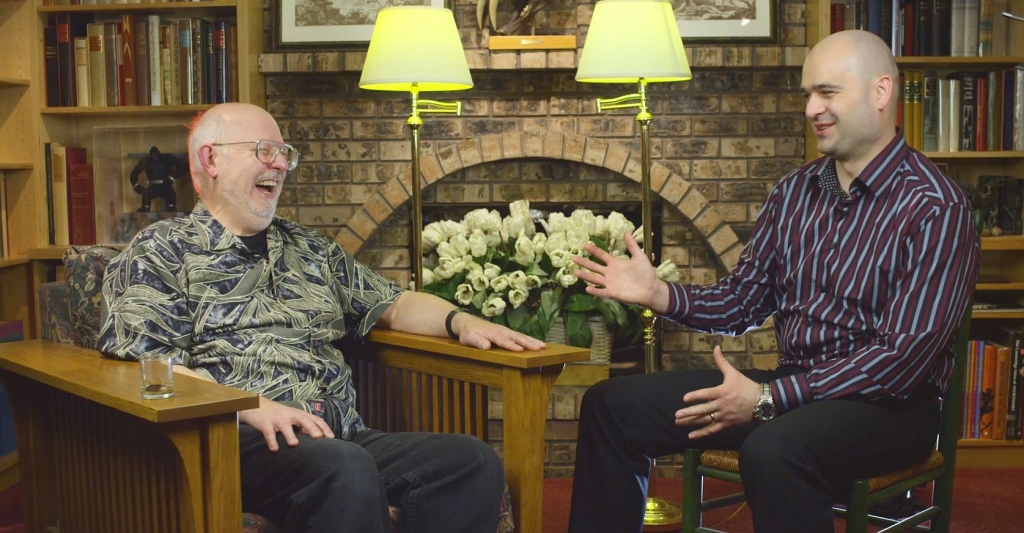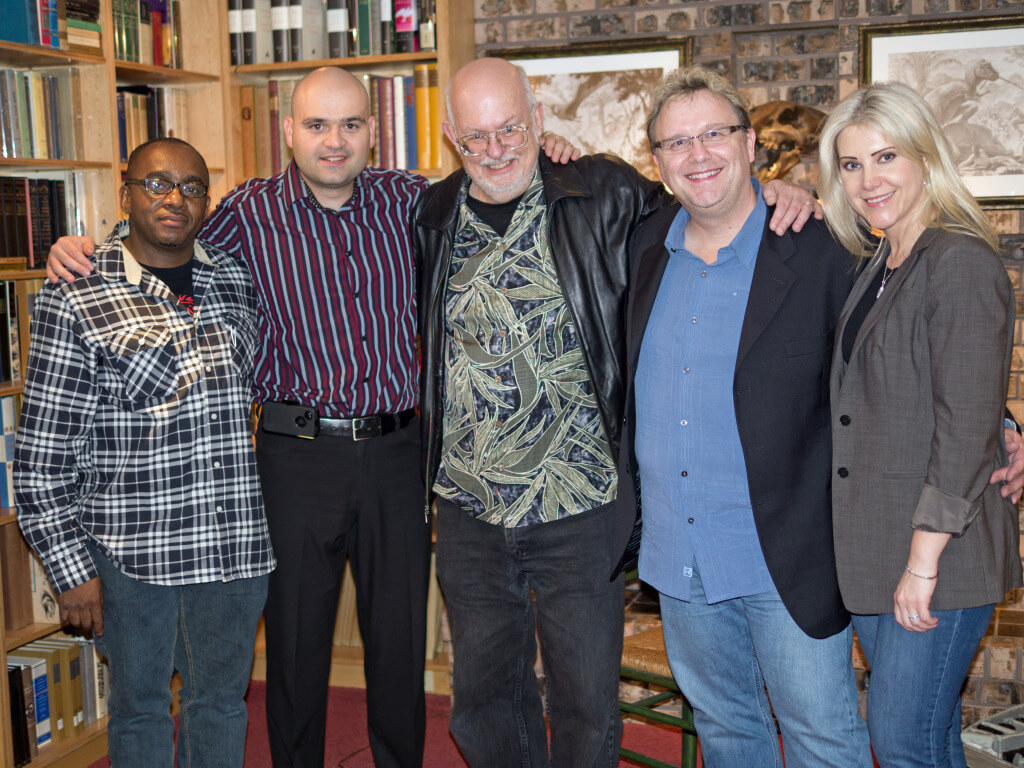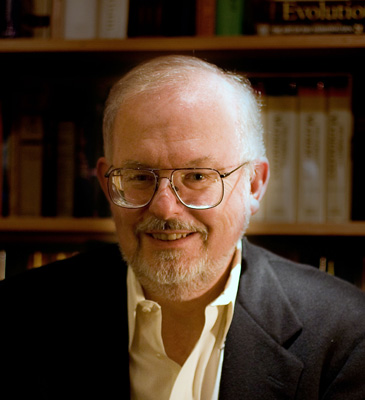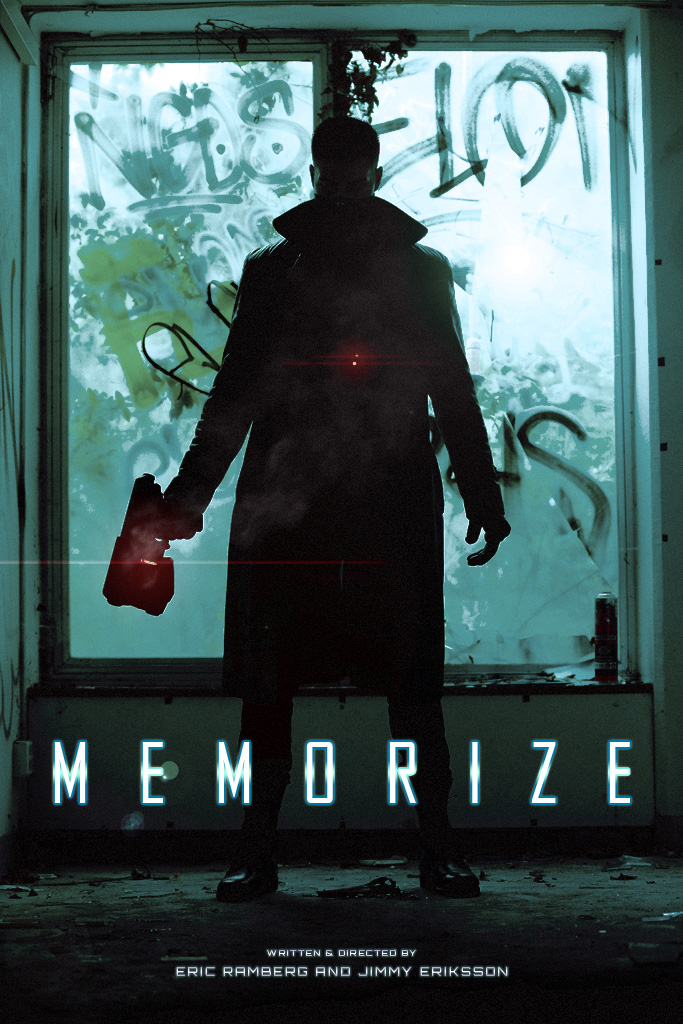Podcast: Play in new window | Download | Embed
Subscribe: RSS
 Greg Bear is truly one of the masters of classic science fiction – he has written over 35 books, that have sold millions of copies, and have been translated into 22 languages. No wonder I was not only immensely excited but also pretty nervous while preparing to interview him face to face. As it turned out I was worrying for nothing: Greg Bear is a really affable fellow with a fantastic sense of humor and, together with his wife Astrid, endlessly generous hospitality. Bear is also a passionate macro-photographer with the most stunning dragon-fly-pictures collection that I have seen in my life. Thus it is a total understatement to say that I had an absolute blast spending a full day shooting 4 podcast episodes at his house, including the attached 90 min interview.
Greg Bear is truly one of the masters of classic science fiction – he has written over 35 books, that have sold millions of copies, and have been translated into 22 languages. No wonder I was not only immensely excited but also pretty nervous while preparing to interview him face to face. As it turned out I was worrying for nothing: Greg Bear is a really affable fellow with a fantastic sense of humor and, together with his wife Astrid, endlessly generous hospitality. Bear is also a passionate macro-photographer with the most stunning dragon-fly-pictures collection that I have seen in my life. Thus it is a total understatement to say that I had an absolute blast spending a full day shooting 4 podcast episodes at his house, including the attached 90 min interview.
During our conversation with Greg Bear we cover a variety of interesting topics such as: how he got inspired to write; what is science fiction; the role of photography and visual imagery; the merging of philosophy and science; sci-fi as the jazz of literature; religion, mysticism and his take on Jesus; the birth of Comic-Con; whether science fiction inspires science or vice versa; the singularity, transhumanism and “the brick wall of philosophy”…
This interview was so packed with intellectual gems that I almost feel like shying away from listing any. But here are just two of my favorites, and you feel free to share yours in the comment section below:
…The people who are changing the world read science fiction.
In a sense, science fiction is history in reverse…

This is the third out of a series of 3 sci-fi round-table interviews with Ramez Naam, William Hertling, and Greg Bear that I did last November in Seattle. It was produced by Richard and Tatyana Sundvall, shot by Ian Sun and generously hosted by Greg and Astrid Bear. (Special note of thanks to Agah Bahari who did the interview audio re-mix and Josh Glover who did the video editing.)
As always you can listen to or download the audio file above or scroll down and watch the video interview in full. To show your support you can write a review on iTunes, make a direct donation or become a patron on Patreon.
Who is Greg Bear?
 Greg Bear is the author of more than thirty books, spanning thrillers, science fiction, and fantasy, including Blood Music, Eon, The Forge of God, Darwin’s Radio, City at the End of Time, and Hull Zero Three. His books have won numerous international prizes, have been translated into more than twenty-two languages, and have sold millions of copies worldwide. Over the last twenty-eight years, he has also served as a consultant for NASA, the U.S. Army, the State Department, the International Food Protection Association, and Homeland Security on matters ranging from privatizing space to food safety, the frontiers of microbiology and genetics, and biological security.
Greg Bear is the author of more than thirty books, spanning thrillers, science fiction, and fantasy, including Blood Music, Eon, The Forge of God, Darwin’s Radio, City at the End of Time, and Hull Zero Three. His books have won numerous international prizes, have been translated into more than twenty-two languages, and have sold millions of copies worldwide. Over the last twenty-eight years, he has also served as a consultant for NASA, the U.S. Army, the State Department, the International Food Protection Association, and Homeland Security on matters ranging from privatizing space to food safety, the frontiers of microbiology and genetics, and biological security.





 On joining
On joining